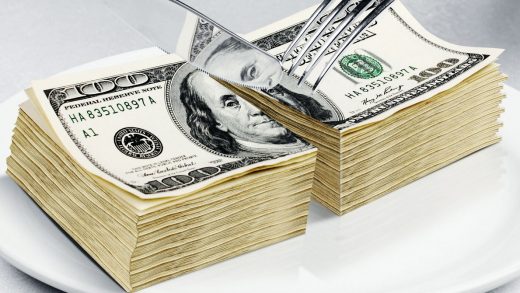
El Salvador, the country that last year became first in the world to legalise BTC, is suddenly treading cautiously about revealing details of its BTC holdings. The rather suspicious behaviour from the Salvadoran government came to light when ALAC El Salvador — a non-governmental anti-corruption bureau was recently denied details regarding national BTC purchase and sales from a state development bank. Before this incident, Nayib Bukele, the President of El Salvador has not really shied from disclosing his country’s BTC purchases.
The state bank BANDESAL refused to give away the details on El Salvador’s BTC purchases citing it as a confidential information being secured to safeguard national interests.
“The confidentiality limits the possibility for citizens to access and receive information on the operations carried out with public funds by BANDESAL,” the statement read.
BANDESAL is a development bank for El Salvador. It has created a trust fund of $150 million (roughly Rs. 1,240 crore) to ensure the convertibility to dollars from BTC.
It is reportedly estimated that El Salvador had purchased a total of 2,301 BTC as of September this year.
Over the past year, the value of these BTC holdings dropped majorly from $103.9 million (roughly Rs. 850 crore) to roughly $45 million (roughly Rs. 372 crore).
BTC created its last all-time-high of $68,000 (roughly Rs. 56 lakh) in November last year. A year later, BTC’s current trading value stands at $20,499 (roughly Rs. 16.90 lakh).
El Salvador’s secrecy around its BTC possessions could be a way to shield its government from criticism for exposing its public to major financial risks.
Back in May, El Salvador bought its largest ever dip of 500 Bitcoins at an average price of $30,744 (roughly Rs. 24 lakh) per BTC. At the time, the total purchase had costed the country around $15.3 million (roughly Rs. 118 crore).
Despite warnings from the International Monetary Fund (IMF) against using BTC as a legal tender, El Salvador has continued to show support for Bitcoin.
From establishing Bitcoin ATMs to creating a government-backed Bitcoin wallet called Chivo for Salvadorans, Bukele has been bringing initiatives focussed on expanding crypto acceptances and use cases in his country.
It is however noteworthy that under the bear market circumstances, Spain took over El Salvador’s spot to become the third-largest crypto ATM hub in the world earlier this year with 215 active machines.
El Salvador reportedly stands at the third spot now with 212 crypto ATMs.


